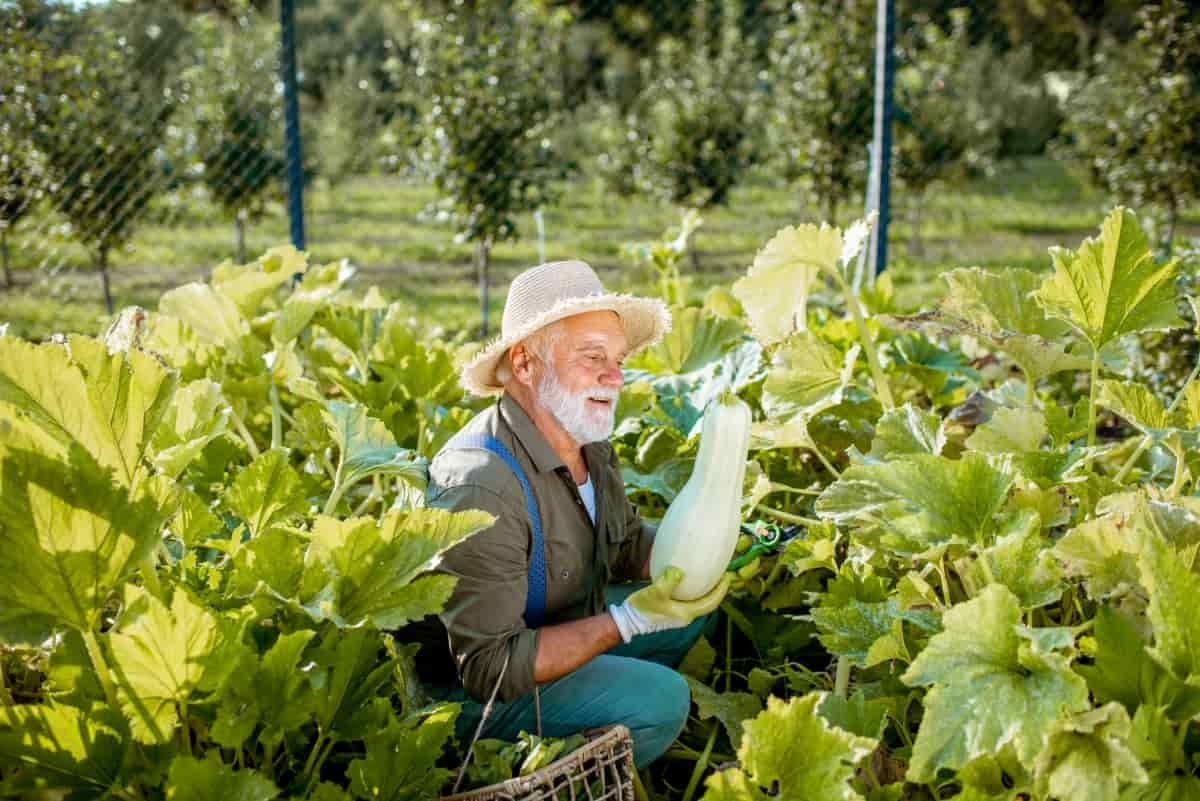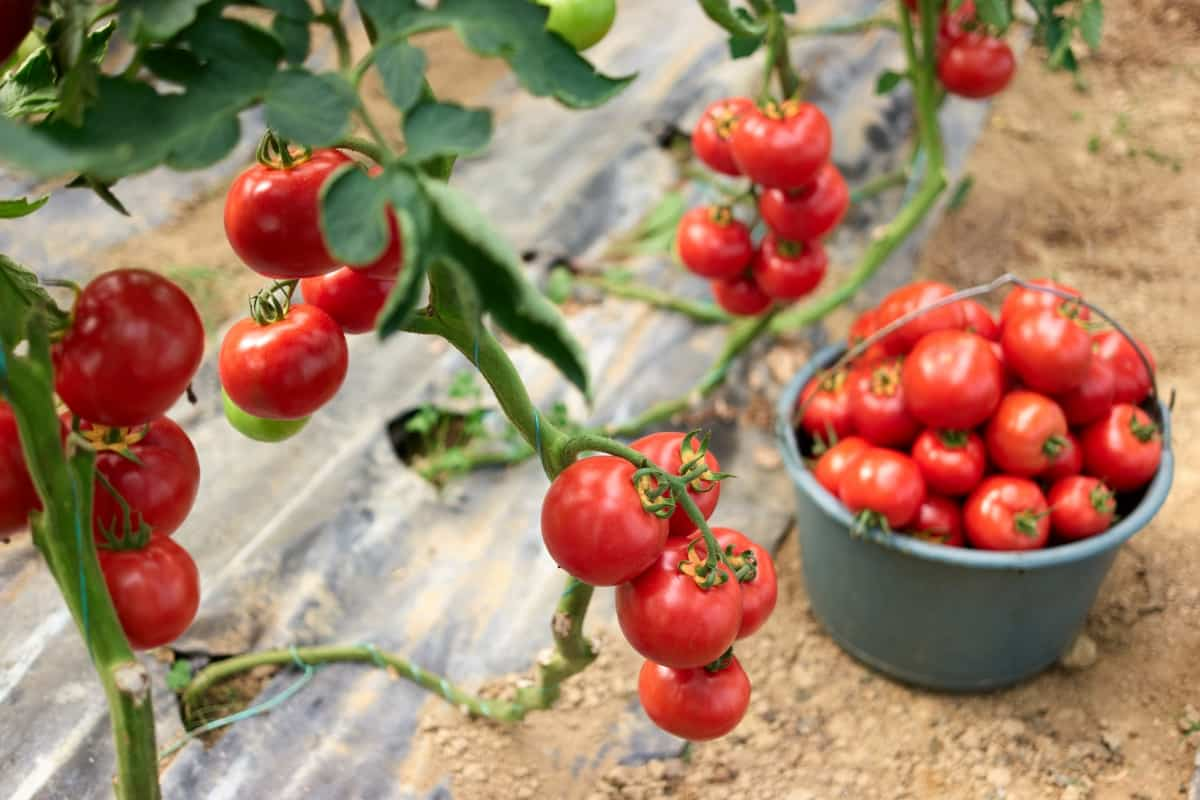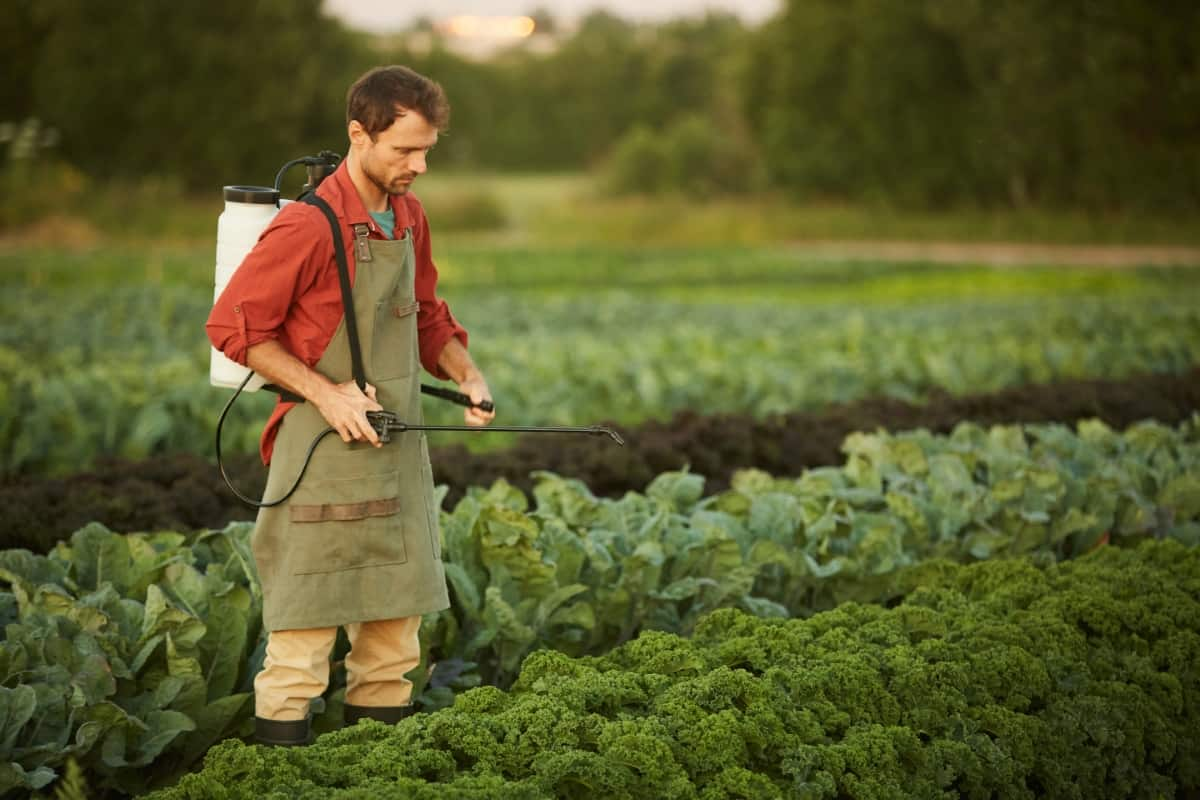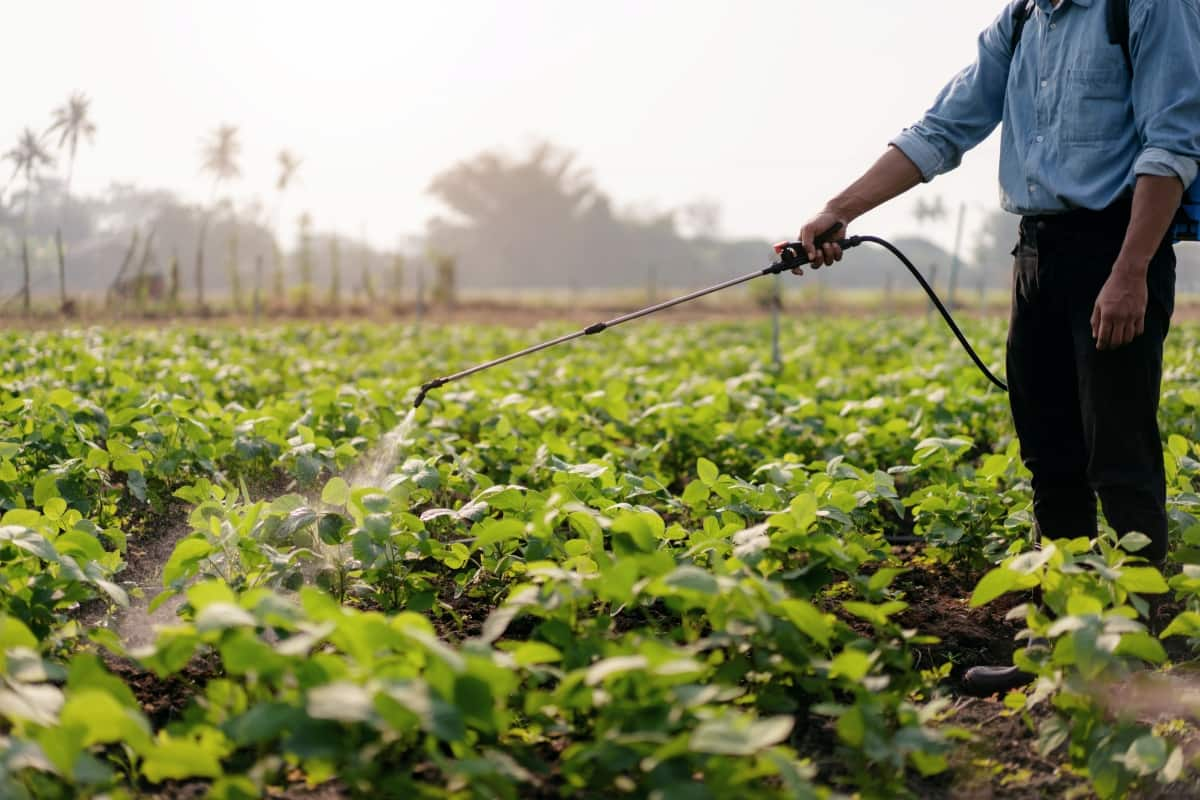Diatomaceous earth, a natural and versatile substance, has become a cornerstone in organic gardening and farming. Offering a range of benefits, from improving soil health to effective pest control, aligns perfectly with sustainable and eco-friendly agricultural practices.

Benefits of Using Diatomaceous Earth in Organic Gardening
Understanding Diatomaceous Earth as a Natural Solution for Organic Gardening
Diatomaceous earth, a natural substance, offers an eco-friendly approach to organic gardening, emerging as a popular choice for gardeners seeking sustainable methods. Its versatility, evidenced in various diatomaceous earth garden uses, aligns perfectly with organic practices.
Addressing concerns like, is diatomaceous earth safe for vegetable gardens? and can you use too much diatomaceous earth on plants?, this fine powder has gained recognition for its safety and ease of use. As a cornerstone in organic gardening, it harmonizes with the philosophy of nurturing nature without harmful chemicals, ensuring gardeners can confidently use food-grade diatomaceous earth for diverse applications, ranging from soil health to pest control.
How Diatomaceous Earth Makes Soil Healthier in Organic Gardening
Enriching soil health is a crucial aspect of organic gardening, and diatomaceous earth is pivotal in this process. Its unique composition contributes to soil aeration and drainage, enhancing the growth environment for plants. By using diatomaceous earth in the garden, gardeners can improve soil structure, making it more conducive to healthy plant growth.
This improvement is especially noticeable in how diatomaceous earth aids in retaining nutrients and water, ensuring that plants receive the required nourishment. Moreover, its natural properties help balance the soil pH, an essential factor for thriving gardens.
Using Diatomaceous Earth’s Power to Control Pests in Organic Gardens
Controlling pests is a significant challenge in organic gardening, and diatomaceous earth offers a non-toxic, effective solution. It dehydrates pests upon contact, making it a powerful tool against various garden invaders. Gardeners can use diatomaceous earth in potted plants and throughout the garden to create a barrier against pests.
Its fine powder form allows for easy application around plants as a physical deterrent to insects without harming the plants or the soil’s natural balance. This pest control method aligns with the principles of organic gardening, emphasizing the use of natural, non-chemical solutions for maintaining garden health.
The Role of Diatomaceous Earth in Helping Plants Grow and Get Nutrition
Diatomaceous earth contributes significantly to plant growth and nutrition in organic gardens. Improving soil structure and moisture retention ensures that plants have access to essential nutrients and water vital for their growth. This natural mineral also aids root development, encouraging stronger and healthier plants.
In case you missed it: Organic Farming Subsidy and Financial Assistance by the Government of India

The silica content in diatomaceous earth is particularly beneficial, as it strengthens plant cell walls, enhancing their resistance to stress and diseases. By incorporating diatomaceous earth into the soil, gardeners can boost their plants’ overall health and vitality, fostering a more productive and flourishing garden.
Diatomaceous Earth as a Sustainable Way to Manage Weeds in Organic Gardening
Managing weeds sustainably is a constant goal in organic gardening, and diatomaceous earth offers an effective solution. Its abrasive nature helps suppress weed growth without the need for harmful herbicides. By applying diatomaceous earth around plants, gardeners can create a physical barrier that deters weed germination and growth.
This method is particularly useful in maintaining the integrity of organic gardens, as it relies on a natural, non-chemical approach to weed management. Using diatomaceous earth, gardeners can balance nurturing desired plants and controlling unwanted weed growth, contributing to a healthier and more sustainable garden ecosystem.
Exploring the Environmental Benefits of Diatomaceous Earth in Organic Agriculture
Diatomaceous earth’s environmental benefits are significant in organic agriculture. Its non-toxic nature makes it a safe alternative to chemical pesticides and fertilizers, reducing the ecological footprint of gardening practices. This natural substance contributes to biodiversity, as it does not harm beneficial insects and microorganisms essential for a balanced ecosystem.
Its use in organic agriculture supports the principles of sustainability and environmental stewardship, emphasizing the importance of preserving natural resources and promoting eco-friendly practices. By incorporating diatomaceous earth, gardeners can play a crucial role in fostering a healthier environment, aligning their gardening practices with broader ecological goals.
Diatomaceous Earth as An Eco-Friendly Solution to Prevent Diseases in Organic Gardens
Preventing diseases in organic gardens is crucial, and diatomaceous earth is an eco-friendly solution to this challenge. Its moisture-absorbing properties help reduce fungal growth, a common cause of plant diseases. By applying diatomaceous earth to plants and soil, gardeners can create a less favorable environment for disease development, thereby protecting their gardens naturally.
In case you missed it: Polyhouse Farming Cost, Subsidy, and Project Report

This approach aligns with organic gardening principles, prioritizing using natural methods over chemical treatments. The use of diatomaceous earth for disease prevention demonstrates its versatility and effectiveness in maintaining the health and well-being of organic gardens.
Maximizing Crop Yields with Diatomaceous Earth in Practices for Organic Farming
Diatomaceous earth plays a significant role in maximizing crop yields in organic farming practices. Its ability to improve soil texture and fertility directly influences the growth and yield of crops. By enhancing soil aeration and water retention, diatomaceous earth ensures crops have an ideal growing environment, resulting in healthier and more robust plants.
Its nutrient-retention properties also mean that plants have more consistent access to the essential minerals they need to thrive. Moreover, the natural pest control abilities of the diatomaceous earth contribute to protecting crops from harmful insects, further supporting high yields. Integrating diatomaceous earth into organic farming practices is a strategic move towards achieving bountiful and sustainable harvests.
The Impact of Diatomaceous Earth on Microorganisms in the Soil of Organic Gardening Systems
Diatomaceous earth has a nuanced impact on the microorganisms present in the soil of organic gardening systems. While its primary use is pest control, it is generally considered safe for beneficial soil microorganisms. The physical structure of the diatomaceous earth allows it to target pests without disrupting the delicate balance of beneficial bacteria and fungi that are crucial for soil health.
These microorganisms play a vital role in nutrient cycling and organic matter decomposition, essential for plant growth. By using diatomaceous earth in a controlled and thoughtful manner, gardeners can maintain the health and diversity of soil microorganisms, ensuring a robust and productive organic gardening system.
Diatomaceous Earth as a Holistic Approach to Managing Pests Sustainably in Organic Horticulture
In organic horticulture, diatomaceous earth is a holistic approach to sustainably managing pests. Its natural, non-toxic properties make it an ideal choice for gardeners looking to control pests without harming the environment or beneficial insects. Diatomaceous earth works mechanically, not chemically, to dehydrate pests, reducing the risk of developing pest resistance over time.
In case you missed it: How to Create an Apricot Farming Business Plan: Information for First-Time Apricot Farmers

This aspect is crucial for sustainable pest management, ensuring long-term effectiveness. Its ease of application and compatibility with other organic gardening practices make diatomaceous earth a versatile tool in the organic gardener’s arsenal. Adopting diatomaceous earth as a pest management strategy supports the overarching goals of organic horticulture: cultivating plants in harmony with nature and using environmentally responsible and sustainable methods.
Conclusion
Diatomaceous earth is an invaluable organic gardening and farming resource, embodying sustainability principles and environmental stewardship. Its multifaceted uses enhance plant health and yields and contribute significantly to the ecological balance of gardening systems.
- Feed Your Flock for Less: Top 10 Tips to Save on Chicken Feed
- Ultimate Guide to Ossabaw Island Hog: Breeding, Raising, Diet, and Care
- Hatching Answers: The Top 10 Reasons Your Chickens Aren’t Laying Eggs
- Eggs and Economics: Breaking Down the Cost of Raising Backyard Chickens
- Defend Your Greens: Proven Methods to Keep Iguanas Out of Your Garden
- Ultimate Guide to Cinnamon Queen Chicken: A Comprehensive Guide for Beginners
- Ultimate Guide to California Tan Chicken: Breeding, Raising, Diet, Egg-Production and Care
- Ultimate Guide to Marsh Daisy Chicken: Breeding, Raising, Diet, and Care
- 10 Types of Chicken Farming Businesses You Can Start for Profits